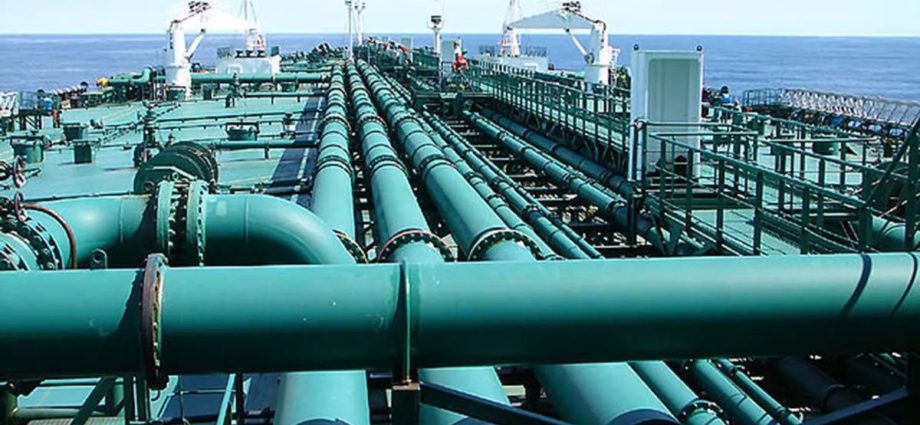
ADVERTISEMENT
As Russian bunker buster missiles fall on civilians seeking refuge in the Donbas, and Putin’s evil war machine keeps raping, torturing, and killing, the time has come to spell something out to German politicians, employers, and unions currently opposing a total ban on Russian energy imports: your position is ethically untenable, verging on the abominable.
Chancellor Scholz vows to end Germany’s purchases of Russian gas “by the end of the year“. Unfortunately, “by the end of the year” won’t be soon enough. It might prevent a few job losses, even a mild recession, but it won’t be soon enough for thousands upon thousands of innocent Ukrainians who will perish under Putin’s war crimes. Germany must urgently rearrange the moral coordinates of its public debate.
The crux of the matter is substantial to the European Union’s social, political, and democratic contract. German politicians were proudly and militantly inflexible when it came to imposing a long decade of austerity on Greece. That was done in the name of collective budgeting and financial stability. Today, Greece’s GDP per capita is a brutal 45% smaller than it was in 2008. “Sacrifices” needed to be made – by some.
A moral obligation
German purchases of gas are currently funding Putin to the tune of 800 million euros a day. Stopping this now is a moral obligation, as well as a pragmatic one. How can we build an ever-closer political union if Germany’s short term economic interests trump the lives of millions of Ukrainians? If the European Union is more than just a single market and a commercial partnership, all members must abide by what we call “European values”.
Actions speak much louder than grandiose words about Europe’s role in global civilisation. When harsh deficit control measures were imposed on southern economies, it was done in the name of a misguided policy of budget control. Stopping imports of Russian energy would be done in the loftier names of life, peace, and justice.
There is no acceptable alternative. No half measures are tolerable when innocent lives are at stake. Germany’s reluctance to end its addiction to Russian gas poses existential questions for the EU: are “sacrifices” just for “profligate” southerners? Are some nations more equal than others in our club? The message this would send would be lethal for European cohesion. Ultimately, it would make a mockery of the principles we claim to champion.
Schroeder and Merkel’s legacy of total dependence on Russian energy never looked like a clever move. It was a catastrophic error of judgement at best, and calamitous mistakes have undesirable consequences, as Wolfgang Schäuble liked to remind us all during the sovereign debt crises. Germany must be held accountable for every cheque that is sent to Moscow. It is, literally, a matter of life and death: for millions of Ukrainians, and for the future of the European family.


